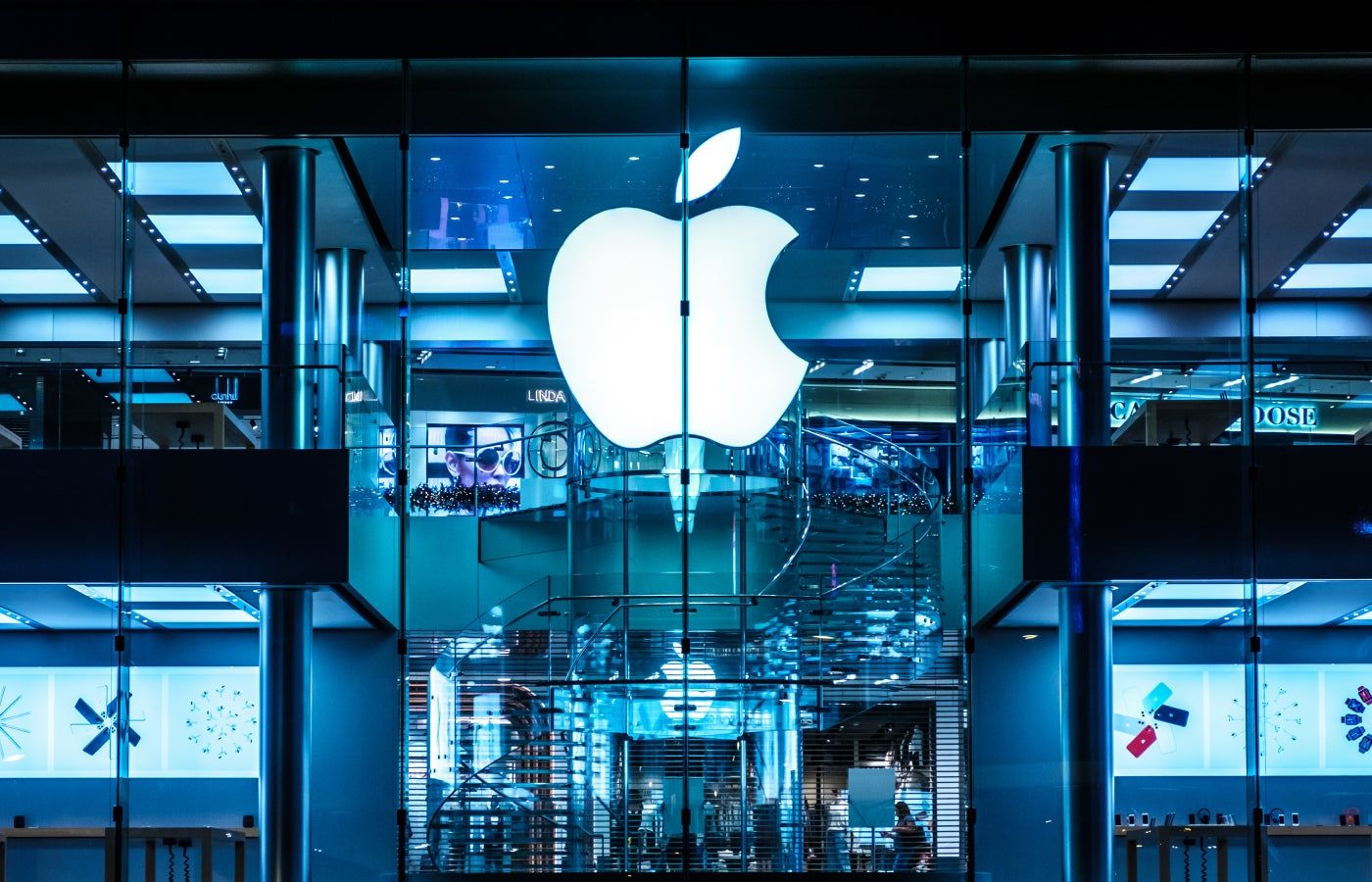There are hints that the EU might get Apple Intelligence after all, thanks to a small difference in the release notes for macOS Sequoia 15.1 and iOS 18.1. It was previously thought that the AI feature wouldn’t be available in the bloc on any Apple devices due to the Digital Markets Act.
Apple Intelligence is a set of generative AI capabilities that will be built into the next generation of Apple devices running iOS 18, iPadOS 18, and macOS Sequoia. In June, the Cupertino giant revealed that devices in the EU will not come with Apple Intelligence this year, via Bloomberg. This was due to “regulatory uncertainties brought on by the Digital Markets Act.”
The DMA imposes rules on tech giants operating in the EU to promote competition, prevent monopolistic practices and improve the offering for users in the digital market. Among other things, it requires companies to share data with third parties and prevents them from favouring their own products and services over those of their rivals.
Despite previously stating that EU users would not have access to Apple Intelligence on any device, Apple’s beta 1 release notes for macOS Sequoia 15.1 and iOS 18.1 suggest otherwise, as spotted by 9to5Mac.
WATCH: Apple WWDC keynote: iOS 18, iPad OS 18, and macOS 15 Sequoia coming this fall
Beta versions of the operating systems have been available to developers since July 29. The macOS release notes indicate that “Apple Intelligence is not currently available in China,” while the iOS release notes indicate that “Apple Intelligence is not currently available in the EU or China.”
As such, EU-based developers with supported Macs can download the macOS Sequoia 15.1 beta and try out Apple Intelligence, as long as their device language is set to US English.
You can also download the iOS 18.1 or iPadOS 18.1 beta versions on your iPhone or iPad, but you can't use Apple Intelligence on them. This may continue to be the case when the operating systems are available to all Apple users in the EU.
Apple declined to provide a comment on the differences in the release notes.
Why Apple could release Apple Intelligence to EU-based Mac users and still comply with the DMA
In fact, the distinction between publishing Apple Intelligence in the EU on macOS rather than iOS or iPadOS aligns with the DMA.
The Act’s requirements apply only to the 24 major platform services offered by the seven “gatekeeper” companies, which include Alphabet, Amazon, Apple, Booking, ByteDance, Meta and Microsoft.
Of these 24, only the App Store, Safari, iOS, and iPadOS are considered core platform services, not macOS. This is likely because their market share is relatively small compared to other operating systems, meaning they don't have the same level of control or influence over the market.
So, in theory, Apple could release Apple Intelligence in macOS Sequoia 15.1 in the EU without complying with the DMA requirements. It can't do that with Apple Intelligence in iOS 18.1 and iPadOS 18.1 without facing a fine from the European Commission.
SEE: macOS 15 Sequoia Cheat Sheet: Release Date, Name, Features, and More
It is unclear why Apple refuses to modify Apple Intelligence to comply with the DMA on all devices.
Apple remains tight-lipped about its reluctance to modify Apple Intelligence, as well as iPhone Mirroring and SharePlay Screen Sharing, to comply with the DMA. But the requirement to allow third-party companies to interoperate with them may be a contributing factor.
According to a statement provided to The Verge by Apple spokesperson Fred Sainz, the company is “concerned that the DMA’s interoperability requirements may require us to compromise the integrity of our products in ways that put user privacy and data security at risk.”
However, these interoperability requirements largely apply to messaging services, rather than AIs like Apple Intelligence. Messaging platforms must allow users to communicate across different apps, and data must be easily transferable between services to comply with the DMA.
Speaking at the Europe Forum in June, Margrethe Vestager, European Commissioner for Competition, said: “I find it very interesting that [Apple says] “We will now implement AI where we are not obliged to allow competition.”
Vestager described it as an “open statement that they know 100% that this is another way to disable competition in an area where they already have a strong position.” If Apple were to provide more detailed information about why Apple Intelligence complying with the DMA would present a security problem, Vestager’s argument could be quickly refuted.
Thomas Regnier, a spokesperson for the European Commission, told TechRepublic in an emailed statement: “The EU is an attractive market with 450 million potential users and has always been open to any company that wants to offer services in the European internal market.
“All companies are welcome to offer their services in Europe, as long as they comply with EU legislation.
“It is the responsibility of companies to ensure that their services comply with our legislation.”
Hiding Apple information from EU users would have serious financial consequences, and Apple knows it
Many analysts expect the inclusion of Apple Intelligence to prompt consumers to upgrade their devices, as initially only the iPhone 15 Pro or Pro Max will be supported.
Dan Ives, an analyst at Wedbush Securities, told Reuters he expects more than 15% of iPhone users to upgrade to the yet-to-be-announced iPhone 16 “as Apple Intelligence is the flagship app that many have been waiting for.”
Moreover, Europe accounts for more than a quarter of Apple's total revenue, so losing the region's market with the launch of Apple Intelligence would be costly for the company. The firm is therefore still in contact with the European Commission to see if a solution can be found.
Last week, Apple CEO Tim Cook told an investor conference that Apple is “committed” to making AI features available to “everyone,” after he was asked about Apple Intelligence launching in both the EU and China, according to 9to5Mac.
Sainz's statement to The Verge also said: “We are committed to working with the European Commission in an attempt to find a solution that allows us to offer these features to our EU customers without compromising their security.”
What is the Digital Markets Act?
The DMA, established in 2022, is an EU regulation that aims to promote fairness and competition among digital products and services. It sets out obligations that certain influential technology companies, known as “gatekeepers”, must comply with in their daily operations.
These cover:
- Provide users with access to the data that gatekeepers collect about them.
- Tracking users outside of their platforms.
- Allow third parties to interoperate within their platforms.
- Allow users to uninstall any pre-installed software or applications.
- Deprioritize services and products offered by third parties on the gatekeeper platform.
Fines for non-compliance with the DMA can be as high as 10% of a company's total worldwide turnover, and up to 20% for repeated infringements. In more extreme cases, the commission can order an organisation to sell all or part of its business or prohibit it from acquiring related services.
Last month, Apple became the first tech giant to be formally charged by the European Commission for violating the DMA.
The commission found that Apple has three sets of business rules that ultimately prevent iOS app developers from directing their users to third-party purchasing options. This contradicts the DMA, which states that developers should be able to direct their customers to purchasing options outside the App Store easily and freely.












